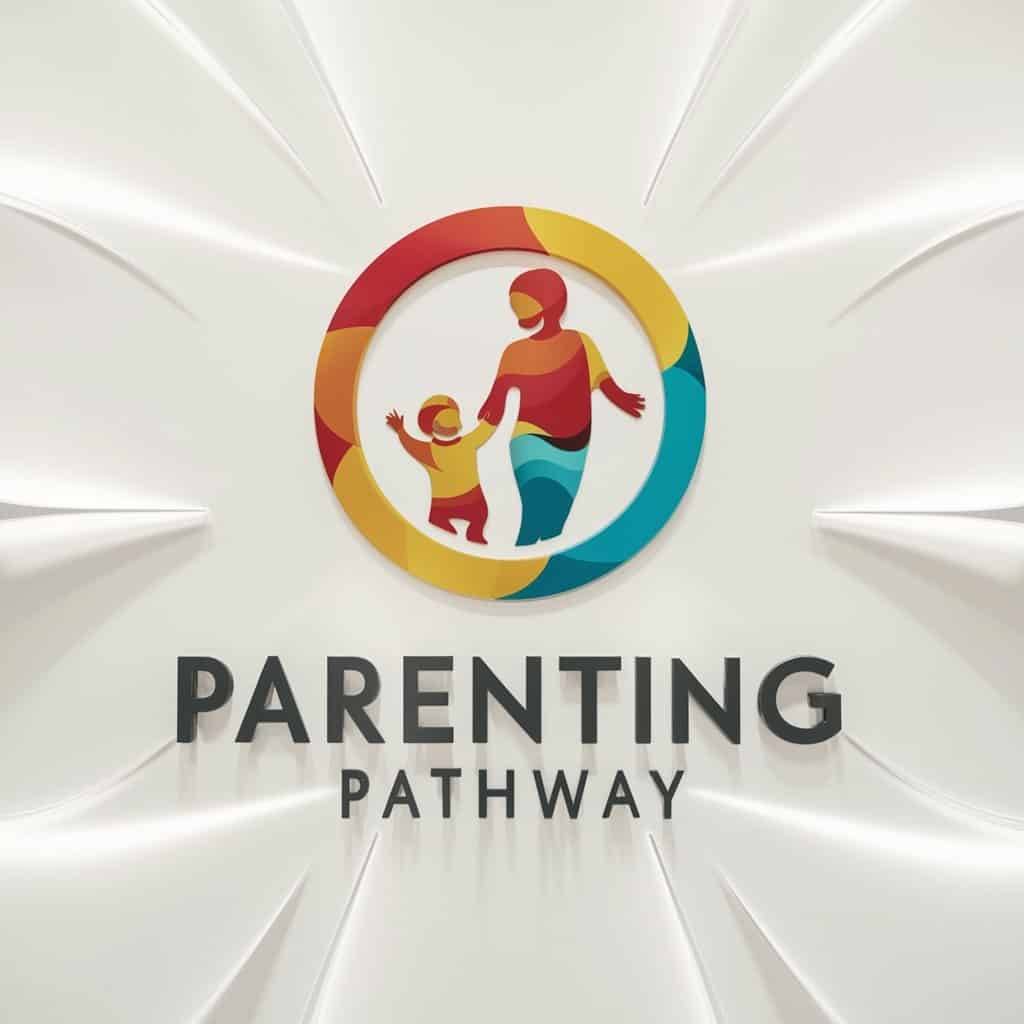Understanding Childhood Anxiety: Key Questions for Parents to Ask Psychiatrists
Back to Blog
Recognizing Childhood Anxiety: Signs and Symptoms
Childhood anxiety is a common concern for many parents, yet recognizing its signs and symptoms can often be challenging. Children may experience anxiety differently than adults, and understanding these manifestations is vital for timely intervention. Common behavioral indicators of anxiety in children include excessive worry, avoidance of specific situations, or regressions in behavior, such as bedwetting or clinginess. These behaviors may indicate underlying anxiety rather than typical childhood fears.
Emotional responses are another significant aspect to consider. Children may exhibit heightened irritability, mood swings, or a general sense of dread. They may also express fear of separation from parents or anxiety about school, social interactions, or even family gatherings. Such emotional responses can hinder a child’s ability to function effectively in daily life, impacting their performance in school and their interactions with peers.
Moreover, physical symptoms might accompany these emotional and behavioral signs. Children may complain of stomachaches, headaches, or other unexplained physical ailments as a manifestation of their anxiety. Recognizing these symptoms can be critical in differentiating between normal childhood fears and anxiety disorders, which often require professional evaluation. Parents should monitor how these signs impact their child’s daily functioning. If anxiety seems to persist and interfere significantly with their routine activities, consulting a child psychiatrist is advisable.
When approaching child psychiatrists for guidance, parents should be equipped with knowledge of their child’s symptoms and behaviors. This preparation can foster more productive conversations and ensure that parents can articulate concerns effectively. Asking about anxiety can help parents find child psychiatrists near them who specialize in treating childhood anxiety, paving the way for appropriate interventions and support.
The Role of Psychiatrists in Treating Childhood Anxiety
Psychiatrists play a crucial role in diagnosing and treating childhood anxiety, a condition that affects many children and can have lasting implications if not addressed effectively. It is essential for parents to understand what to expect from child psychiatrists when seeking help for their child. During a psychiatric evaluation, psychiatrists typically begin with a comprehensive assessment that includes interviews with both the child and the parents. This evaluation aims to understand the child’s emotional, behavioral, and developmental history, providing vital information that can inform the diagnosis.
Following the initial assessment, child psychiatrists may utilize various diagnostic tools and questionnaires designed to measure the severity and frequency of anxiety symptoms. This thorough evaluation process is vital as it helps identify the specific nature of the anxiety, be it generalized anxiety disorder, social anxiety, or another related condition. Understanding the type and severity of the anxiety enables professionals to develop tailored treatment plans that address the unique needs of the child.
Parents can expect to engage in collaborative discussions with the psychiatrist about treatment options, which may include therapy, medication, or a combination of both. Cognitive-behavioral therapy (CBT) is commonly recommended as it has been shown to be effective in treating childhood anxiety. In some cases, medication may be prescribed to help manage symptoms, especially if they significantly interfere with the child’s daily functioning.
It is important for parents to remain actively involved throughout the treatment process. Open communication with child psychiatrists, including asking questions such as, “What are the expected outcomes?” or “How can we support our child at home?” can greatly enhance the treatment experience. This collaboration ensures that the intervention strategies are in alignment with the child’s specific needs, ultimately fostering a supportive environment for recovery.
Key Questions for Parents to Ask Psychiatrists
When parents are navigating the complexities of childhood anxiety, it is essential they arm themselves with relevant questions to ask child psychiatrists. This proactive approach can foster a better understanding of their child’s mental health and treatment options. One fundamental question to consider is: “What specific diagnosis does my child have?” Understanding the exact nature of the anxiety can provide clarity and guide treatment options. It is crucial for parents to have a clear picture of what their child is experiencing, which can help them comprehend the approach required for effective support.
Another vital inquiry involves treatment methods: “What treatment options are available for my child’s anxiety?” Parents may encounter various alternatives, including therapy, medication, or a combination of both. Delving into these options allows them to gauge which paths may be most beneficial, and it helps to clarify the role of medication versus therapeutic approaches. Questions such as, “What does therapy involve, and how often should our child attend sessions?” are also pertinent, as they explore the dynamics of therapy and its potential effectiveness through child psychiatrists’ expertise.
Furthermore, involving the child in their mental health journey is integral. Parents may ask, “How can we encourage our child to engage in their treatment?” Understanding how to support their child can enhance the treatment process significantly. The psychiatrist may provide strategies for fostering open communication and ensuring the child feels empowered in managing their anxiety. Finally, locating “child psychiatrists near me” can simplify the journey to finding specialized care. By thoughtfully preparing these questions, parents can feel more engaged and empowered in assisting their child with childhood anxiety.
Resources and Support for Parents and Children
Parents of children experiencing childhood anxiety often seek guidance to properly address their child’s mental health needs. It is vital for them to know about available resources and support systems that cater specifically to their situation. Local and online support groups are excellent starting points. These platforms enable parents to connect with others who face similar challenges, fostering a sense of community and allowing for shared experiences. Various organizations, such as the Anxiety and Depression Association of America (ADAA), offer directories of support groups that can be searched based on location or specific needs.
In addition to support groups, a plethora of informative websites provides access to educational materials, articles, and coping strategies tailored for both parents and children. Resources from child psychiatrists can play a pivotal role in understanding childhood anxiety, as these experts often publish guidelines on how to manage anxiety symptoms effectively. Utilizing these resources can empower parents to create strategies that resonate with their child’s individual needs.
Establishing a supportive home environment is crucial in managing childhood anxiety. Parents should aim to foster open communication about feelings and emotions with their children. Implementing consistent routines can instill a sense of stability and predictability, which is particularly beneficial for children struggling with anxiety. Families can also benefit from engaging in activities together, such as mindfulness exercises, to promote relaxation and connection.
When seeking guidance from professionals, parents might consider asking child psychiatrists specific questions to better grasp the available interventions and treatment options. Searching for “child psychiatrists near me” can help locate professionals who can provide necessary support tailored to their child’s needs. Collaboration between parents, child psychiatrists, and support systems plays an essential role in effectively managing childhood anxiety.




Leave a Reply